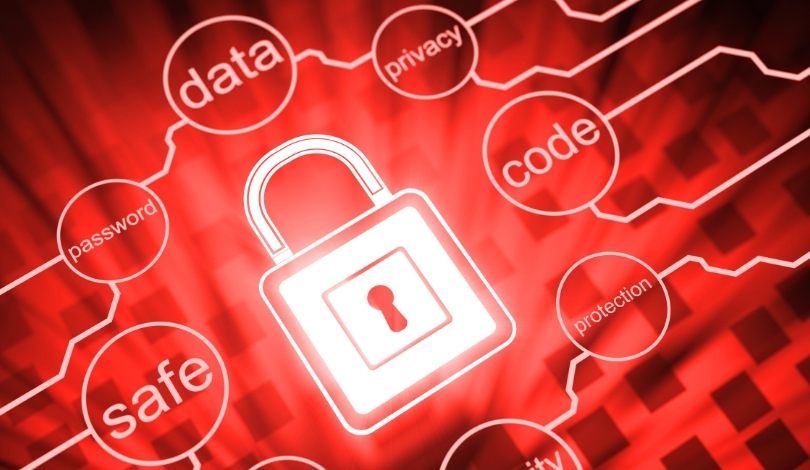The recent ransomware attack on CDK Global, a prominent automotive industry software provider, has resulted in substantial disruptions for several major U.S. car dealers. The incident has affected operations at Lithia Motors, Group 1 Automotive, Penske Automotive Group, and Sonic Automotive, as revealed in filings with the Securities and Exchange Commission. CDK Global detected the cyberattack less than a week ago and, out of precaution, shutdown most of its systems, according to a statement by Lisa Finney, CDK’s senior manager of external communications. More details about the impact can be found here.
Automotive Dealers Impacted
In filings released recently, the automotive dealers reported operational disruptions due to the ransomware attack on CDK. The attack took place less than a week ago and has already caused significant operational challenges. These disruptions come as CDK Global had to shut down most of its systems to protect its customers, further exacerbating the situation for the dealers.
Cyberattack by BlackSuit
The ransomware group BlackSuit claimed responsibility for the attack on CDK Global. According to Bleeping Computer, BlackSuit is demanding tens of millions of dollars in ransom. Allan Liska, a threat intelligence analyst at Recorded Future, described BlackSuit as a mid-sized ransomware entity with a history of targeting significant victims. This group emerged as a distinct entity in early 2023, possibly rebranding from the Royal ransomware operation.
Link to Previous Ransomware Groups
BlackSuit’s origins appear linked to earlier ransomware groups like Royal and Conti, known for their extensive cybercriminal activities. Royal had targeted over 350 victims globally and demanded more than $275 million in extortion. Conti, which ceased operations in 2022, was responsible for major attacks worldwide and had connections to the TrickBot malware operation, reportedly linked to Russian intelligence services.
Comparing the current situation with previous reports, CDK Global’s cyberattack follows a concerning trend in ransomware targeting essential service providers. In the past, other sectors, including healthcare and financial services, have experienced similar attacks, leading to significant operational disruptions. The persistent nature of ransomware groups rebranding and targeting critical infrastructure highlights the ongoing threat these entities pose.
Furthermore, the demand for tens of millions of dollars in ransom underscores the high stakes involved in such cyberattacks. Past incidents have shown that paying the ransom does not guarantee the secure return of data or cessation of attacks, leaving organizations in a precarious position. This evolving landscape necessitates robust cybersecurity measures and proactive responses to mitigate the impact of such breaches.
The continuity of operations amidst such cyber threats depends heavily on the affected companies’ ability to recover and strengthen their defenses. Car dealers affected by the CDK Global attack must not only focus on immediate recovery but also implement long-term security strategies to prevent future incidents. The interconnectedness of ransomware groups like BlackSuit, Royal, and Conti highlights the sophistication of these threats and the need for vigilant cybersecurity practices.










